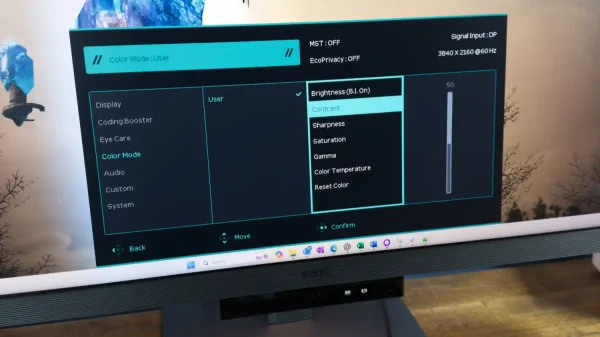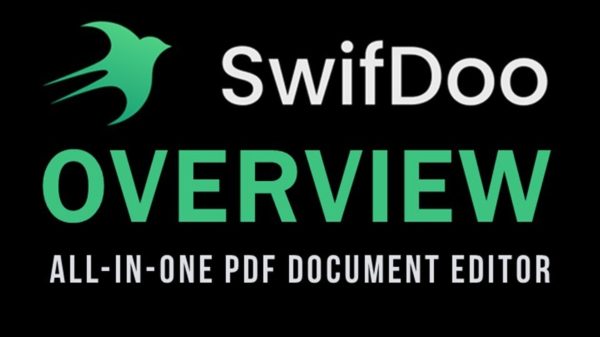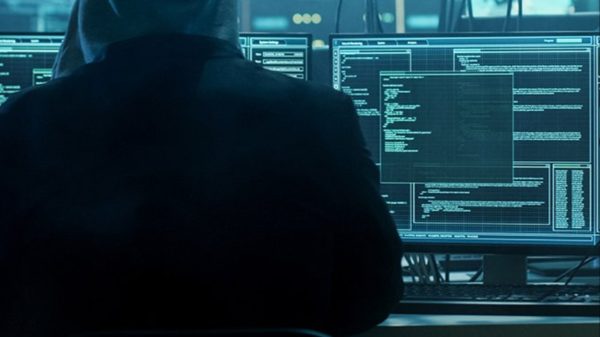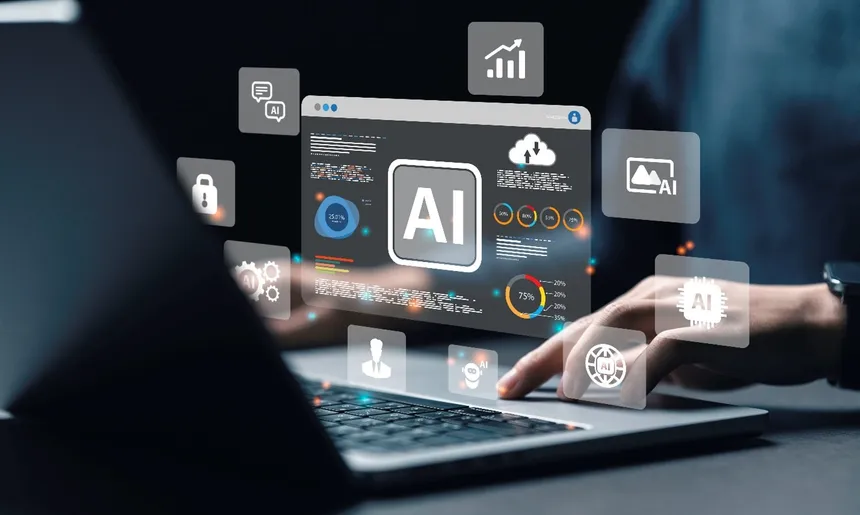The entertainment industry is on the cusp of a revolution, driven by the latest advancements in artificial intelligence (AI). OpenAI’s newly developed text-to-video model, Sora, has sent shockwaves through the industry with its breathtaking ability to generate realistic footage from descriptive text inputs. This remarkable technology has left many wondering about its potential impact on the TV and movie industries, with concerns about job losses and diminished earning potential mounting.
OpenAI’s CEO, Sam Altman, is reportedly set to meet with Hollywood bigwigs to persuade them to incorporate Sora into their work. This meeting comes at a time when the industry is already grappling with the potential implications of AI on its workforce. A recent writers’ and actors’ strike was partly due to disputes over how AI would be deployed, with many fearing the loss of jobs or reduced earning potential. Despite these concerns, Sora and other text-to-video generators have the potential to transform the entertainment industry.
One of the most significant advantages of Sora is its ability to create high-quality content at a fraction of the cost and time it takes to produce traditionally. This could open up new opportunities for creators who may not have had the resources to produce their own content in the past. Moreover, the technology could enable the creation of content that was previously unimaginable, such as custom-made scenes or characters tailored to individual preferences.
OpenAI’s approach to releasing its technology has been deliberate, with the company opting for an iterative deployment strategy to ensure safe implementation and give industry insiders a Look into what the future holds. In a statement, OpenAI acknowledged the sensitivity of the issue, saying it looks forward to an ongoing dialogue with artists and creatives.
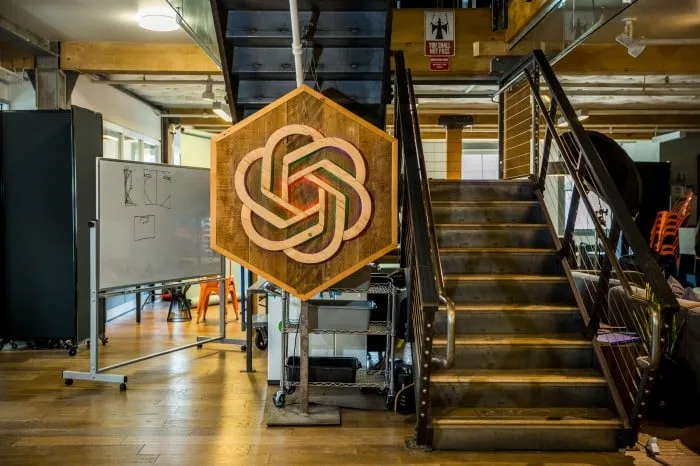
OpenAI’s Sora Set to Transform TV and Film Production
While some may worry about the displacement of human creators, there are also opportunities for collaboration between AI tools and human creatives. Sora and other text-to-video generators could potentially augment human creativity, freeing up artists to focus on higher-level tasks such as storytelling and direction.
The impact of Sora and other AI-powered text-to-video tools on the entertainment industry will be significant. As the technology continues to evolve and improve, it will be interesting to see how OpenAI’s efforts shape the direction of the industry. With its impressive capabilities and Microsoft’s backing, Sora is poised to revolutionize the way content is created and consumed.
Sora’s ability to generate realistic footage from descriptive text inputs has left the industry in awe, and its effects will be felt for a long time to come. As OpenAI continues to refine its technology and engage with industry stakeholders, it is clear that the future of entertainment is poised for significant change. The era of AI-generated content has arrived, and it will be exciting to see how the industry adapts and evolves in response.






